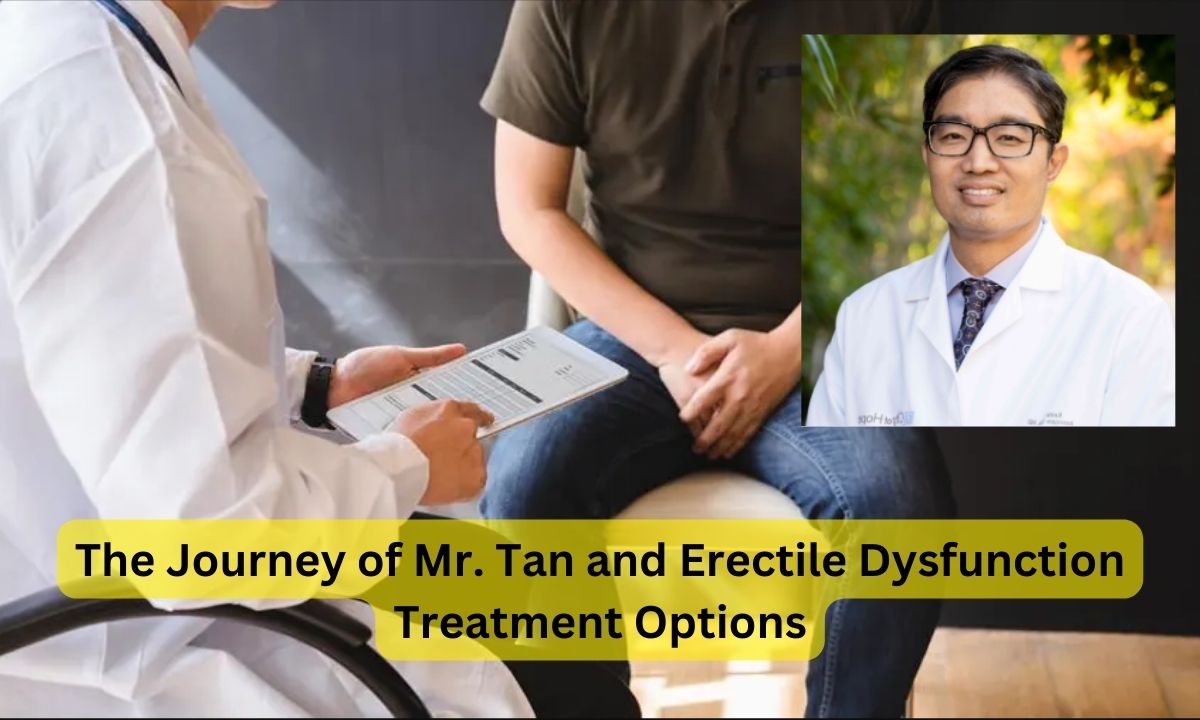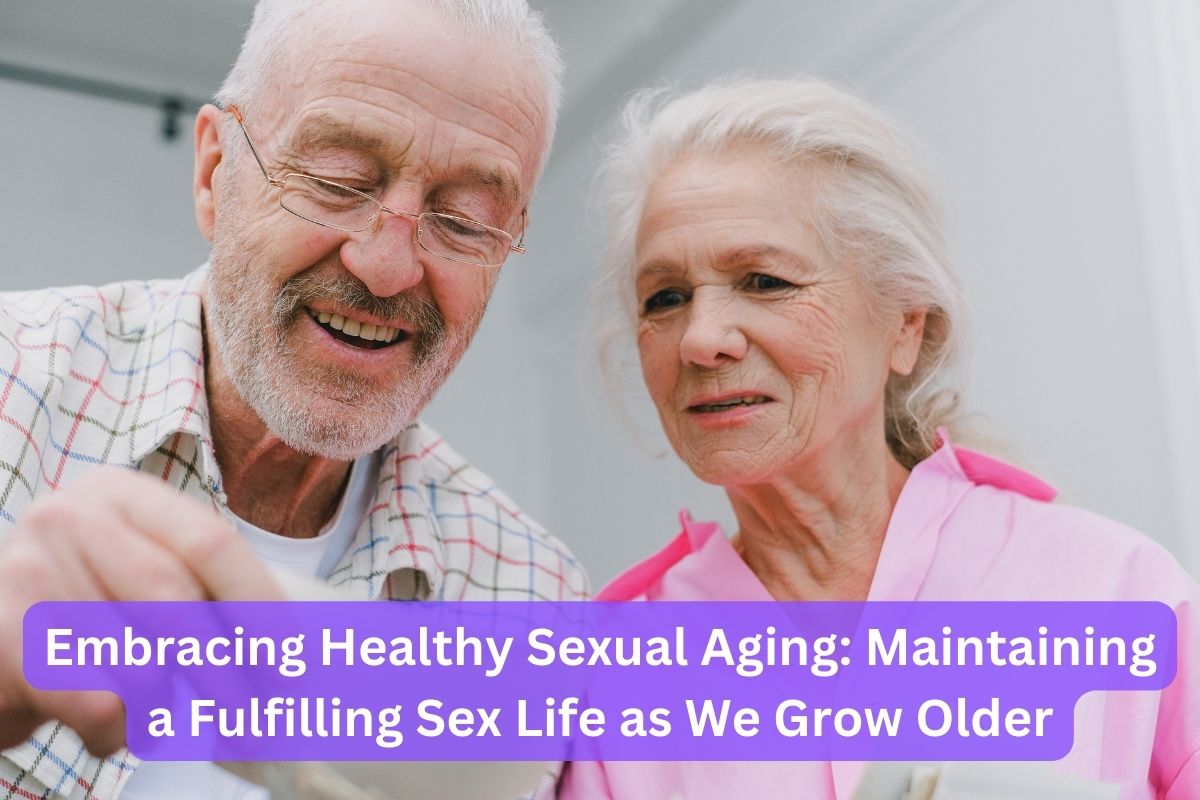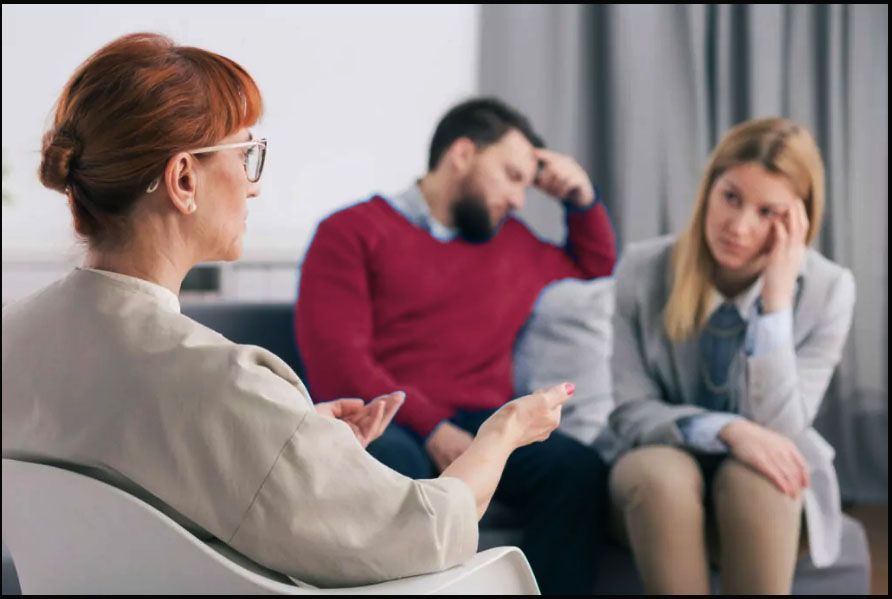
The mere utterance of the word SEX can spark all sorts of debates among parents, politicians, educators, advocates, religious leaders, friends etc., nevertheless it is a conversation that we must have! We talk about war, politics, religion, fashion, music, reality TV shows, celebrities, the latest gossip and so much more, but yet we do not want to talk about sex. If by chance we do, the conversation is limited to “don’t do it” and/or abstain. But even that message still fails our children because we do not teach them how to be abstinent.
In a day and age where HIV is still deadly, gonorrhea has resistant strains, celebrity sex tapes are the norm, sex sells everything, and casual sex is glamorized, we cannot afford to not have the conversations about sex. We live in a time where technology makes everything accessible. With the click of a button, children can find out any and everything about sex and unfortunately oftentimes the information is inaccurate, misleading and confusing. However, the quandary here is that if we do not provide them with accurate information about sex, they will continue to get it from wherever they can. It is time to come down off our ethical high horse, and stop burying our heads in the sand and pretending that children do not have sex. Because the fact of the matter is that many of them are and according to statistics many are doing it under the influence of a substance like alcohol which puts them at even greater risk. It’s time to get real about sex…..comprehensive sex education that is!
We must provide our children with comprehensive sex education! Failure to do so is like placing them behind the wheel of a car and allowing them to drive without any instruction on how to maneuver the vehicle; there is sure to be an accident! Providing children with the knowledge and skills needed regarding sexuality is not giving them a license to freely engage in having sex but rather it is providing them with some essential tools that just might save their life, and definitely protect their health should they for whatever reason decide to have sex. In addition, they are less likely to get into an “accident.”
We must get beyond the belief that comprehensive sex education equates to teaching children how to have intercourse, get into different sexual positions, take birth control, or have abortions, etc. While some of those things are certainly a part of it, that is not the focal point it. True comprehensive sex education includes conversations about the mental, emotional, spiritual, biochemical, social, legal, cultural and economical unintended consequences of sex – protected and/or unprotected. It also addresses how media messages impact sexuality and so much more.
We also must educate our children on personal responsibility and what it means to be accountable! We are in charge of our sexual health! We cannot rely on anyone else to make decisions regarding our sexual health. Failure to advocate and protect ourselves is like allowing ourselves to walk blindly into harm’s way. Every time we have unprotected sex with someone whose HIV or sexually transmitted infection (STI) status we do not know, we are saying to them that I love you enough to let you kill me!
In addition to increasing knowledge, we must also increase skills! For example, it is not enough to teach that condoms prevent pregnancy and/or STIs, we must teach our children how to use a condom, the steps to putting on a condom, how to negotiate condom usage with a partner, how to communicate safer sex options and even where to purchase and how to store condoms. Skills are essential! We can have all the knowledge and wherewithal in the world but if we do not have the skills then it is still an epic failure.
Understanding how our self-esteem, self-efficacy, triggers, social determinants (i.e., income, lack of insurance, poverty, lack of access to medical care, culture, religious beliefs, race, etc.) risk factors, strength factors and protective factors impact sexuality is important as well. Gaining an understanding of this may help to determine and/or shape the impact of our choices, beliefs, behaviors and attitudes on sexuality. In addition, it may help to reduce engaging in behaviors that puts oneself at risk for engaging in sexual behaviors that contribute, directly and indirectly, to the transmission of HIV and other STIs.
Comprehensive sex education teaches the facts, dispels myths, removes the stigma and addresses taboos. Technology makes it possible for children to learn about sex from a variety of sources, many of which are not credible and do not offer information from an accurate educational standpoint. It’s so important to provide the facts from a credible source like a credentialed sex educator and not the internet or media. It is also important to teach the appropriate terminology, the body parts and functions. Knowing this information helps to inform when something is wrong with their body, reduce language barriers between patients and providers, increases treatment options and teaches them to value their body.
Finally, true comprehensive sex education approaches the entire person with a focus on healthy sexuality, not intercourse! It makes the connection on how sexuality impacts every area of our lives. It teaches the knowledge and skills needed to make safer, healthier and informed choices. Comprehensive sex education is a layer of protection that helps to empower children with information that can protect their health and save their lives!
I leave you with this thought, no education, abstinence only or comprehensive sex education….what chance are you willing to take with your child’s life? Don’t allow your child, loved one or even yourself to become a statistic!



